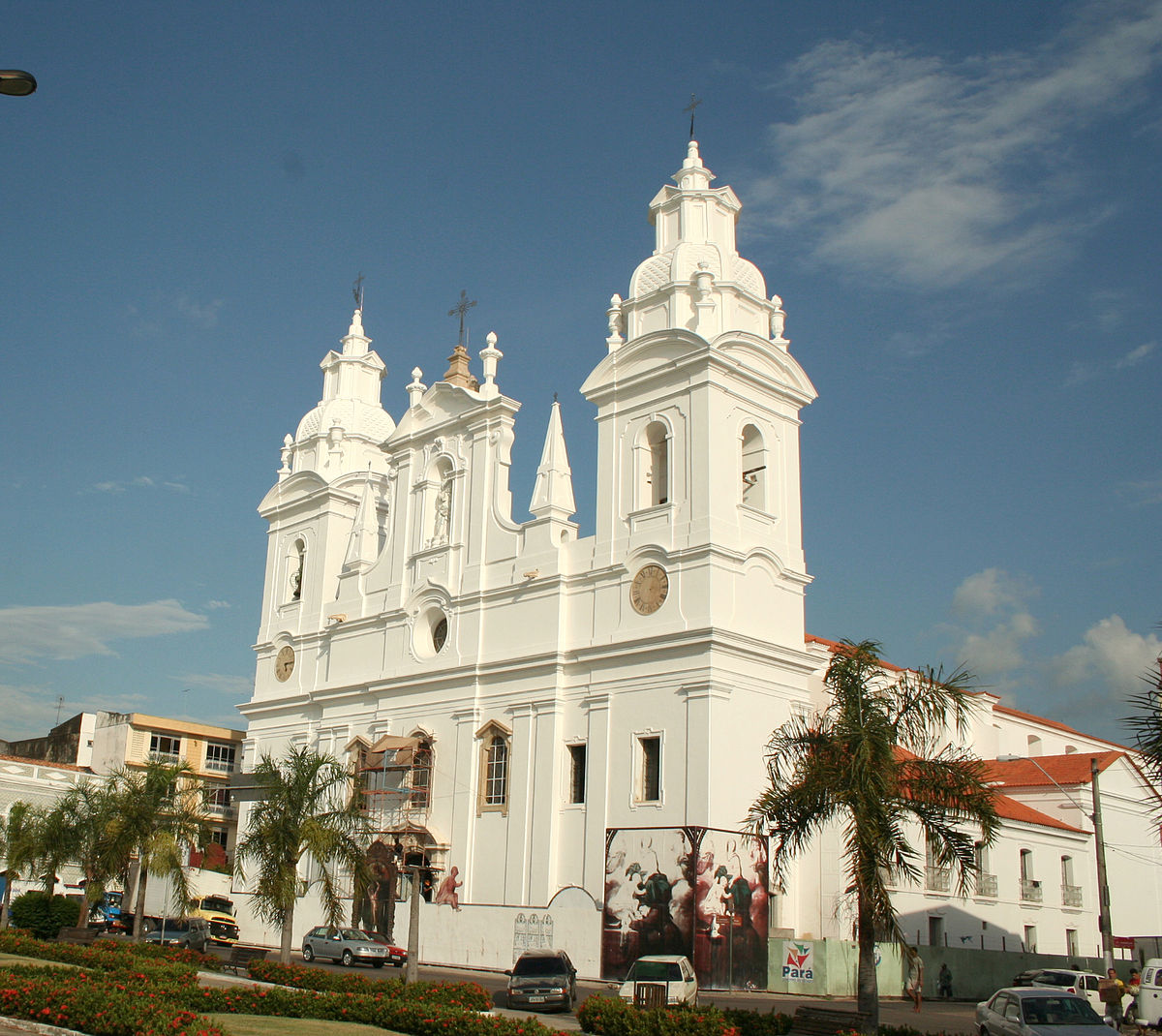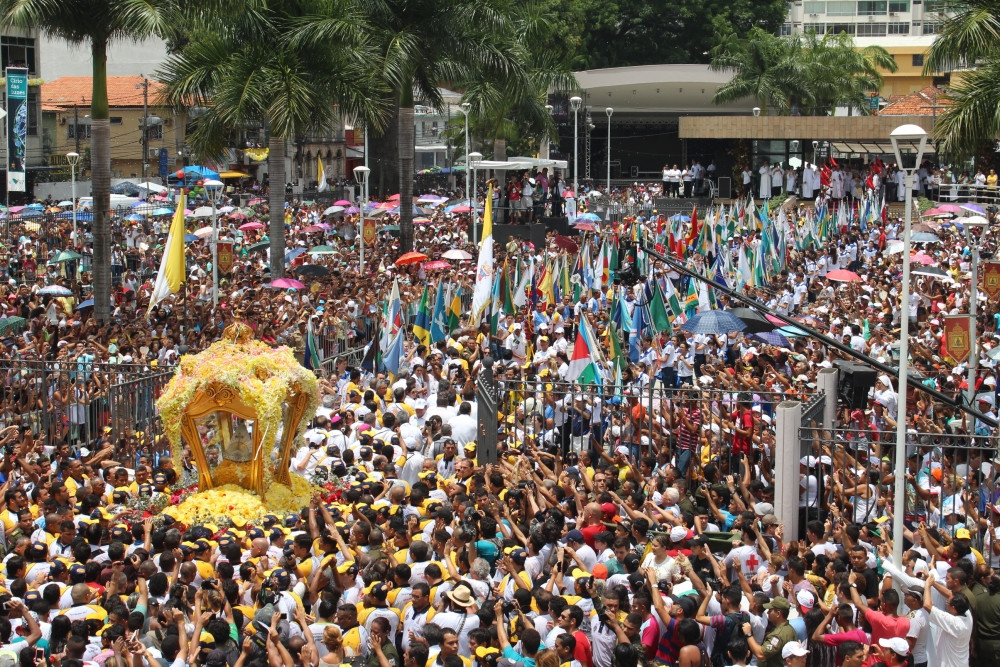
Belém is preparing to host COP30 in November, and never has the word hospitality been so urgent. The challenge is enormous: the city faces a historic shortage of beds, aggravated by abusive increases in accommodation prices. Amid this scenario, a creative and supportive response has emerged: the Purposeful Hospitality Network, an initiative by Catholic and Evangelical churches that aims to offer free or fair-priced accommodation to conference visitors.
The network was inspired by the community spirit of the people of Pará and the tradition of hospitality of the Círio de Nazaré, but it went further. In just a few weeks, it already had more than 800 registered beds and aims to have between 1,000 and 3,000 places available within 45 days. Church halls, campsites, and even family homes are being made available. The platform hospitalidadecomproposito.org is open to hosts, volunteers, and institutions interested in getting involved.
More than solving an immediate problem, the Network demonstrates that hospitality can be experienced as a social, ethical, and collective practice—a way to restore trust, promote justice, and place solidarity above religious or economic differences.
Prices that made international headlines
The abusive increase in accommodation prices in Belém for COP30 made international headlines. There are reports of daily rates advertised at over US$15,000 and even packages costing R$2 million for 11 days. Rental platforms even listed houses at prices comparable to entire properties for sale in the city.
The UN classified the prices as “exorbitant,” pointing out that the average daily rate in the city jumped from $149 to $700—more than four times above the benchmark. The episode raised criticism about the risk of COP30 becoming “the most exclusive in history.” Environment Minister Marina Silva herself stated that it is “unacceptable to charge 10 to 15 times more than the normal price.”
This contradiction, which exposes the fragility of the capital-based model, was the trigger for civil society to seek solutions outside the traditional market.
The Círio as inspiration and living memory
Belém already has in its DNA a major event capable of attracting millions of people: the Círio de Nazaré. According to the official Círio website, the celebration is one of the greatest expressions of faith and devotion to Our Lady of Nazareth. With over two centuries of history in Belém (PA), the event has been recognized as Intangible Cultural Heritage of Brazil by IPHAN and has also been declared Cultural Heritage of Humanity by UNESCO.
Every year in October, families welcome relatives, friends, and even strangers into their homes. More than just a logistical arrangement, the initiative mobilizes a cultural and emotional heritage of the city: the spirit of opening doors and sharing. Evangelical churches have also embraced the proposal, showing that solidarity can transcend religious boundaries and become a concrete testimony to pluralistic coexistence.
Photo: Círio de Nazaré/Reproduction
Solidarity economy in practice
What is happening in Belém is also a practical example of solidarity economy. According to one of the leading theorists on this subject, Paul Singer, it is an alternative model to capitalism, organized in the form of associative and self-managed models, with principles of democracy, solidarity, conscious consumption, cooperation, social justice, and respect for nature.
In the Purposeful Hospitality Network, this definition comes to life: families and institutions are not exploiting demand, but sharing resources and responsibilities to ensure that everyone can participate in COP30. It is an inclusive model that contrasts with the predatory logic of the market and shows that it is possible to create fair and sustainable alternatives.
At Raízes, we have already discussed fair pricing at the event on another occasion. We also contributed by offering a free course on community-based accommodation solutions, strengthening the capacity of hosts and communities to organize themselves more fairly.
The Conference will be a global milestone in the fight against the climate crisis. Here at Raízes, we believe that initiatives like this embody the future we envision: collaborative, inclusive, and conscious. We remain available to support and strengthen these networks because today, more than ever, “hospitality” is a verb that transforms.


